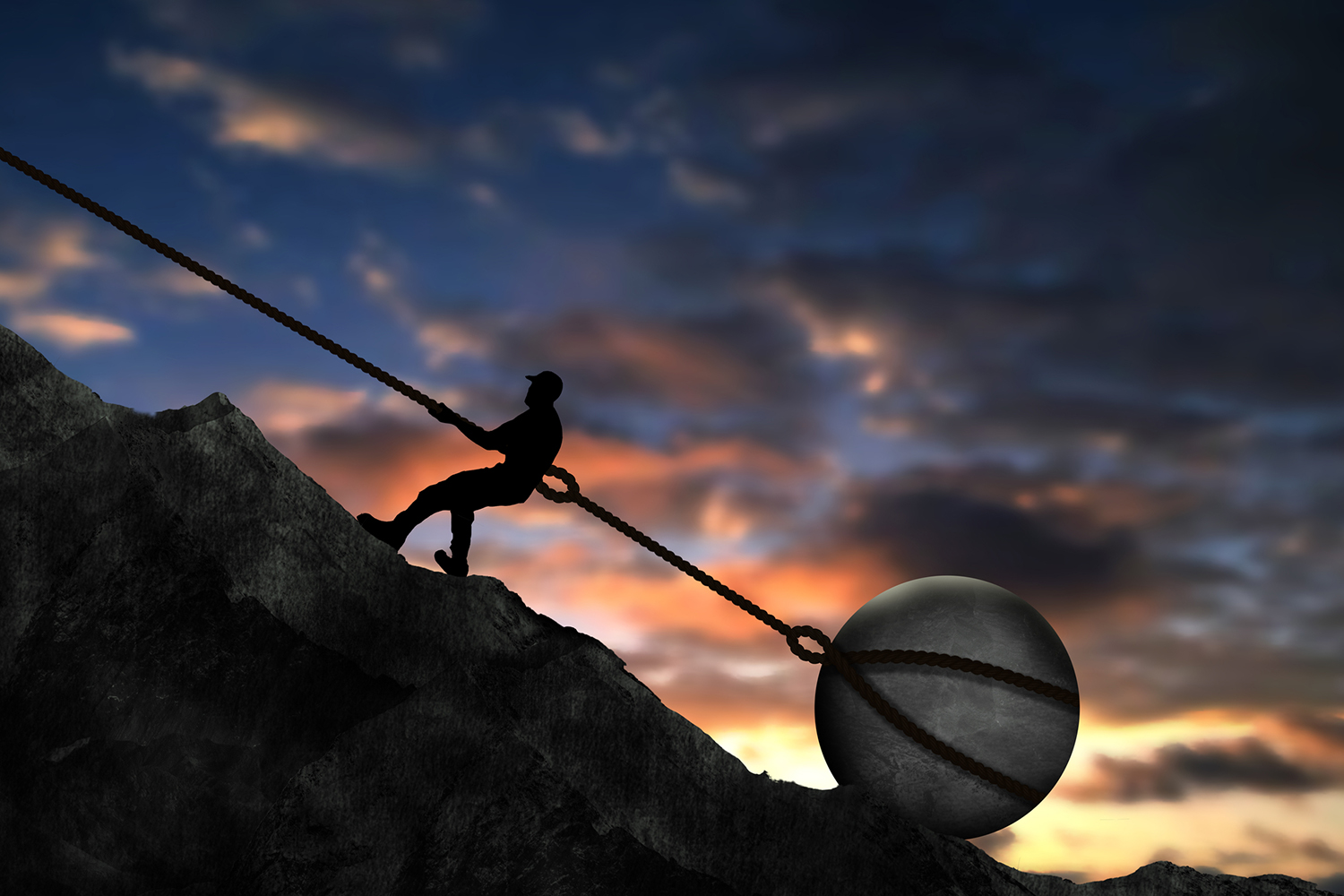More Ready Than You Realize
Key Signs You're Prepared to Move Forward

ID 231837353 © Med Rooky | Dreamstime.com
I've been faced with a lot of changes recently. Sometimes, I find myself overreacting—or underreacting—to the situation. The worst part is when I know there's a chance to move forward, but I feel stuck.
Ever feel like you’re stuck in survival mode? Stress, overwhelm, and burnout have a way of convincing us that we’re not ready—not ready to change, not ready to heal, not ready to take that next step. But what if you’re more ready than you realize?
The nervous system is designed to protect us. When we’re burnt out, it can trick us into believing that rest equals stagnation and that forward movement is impossible. But here’s what both neuroscience and ancient wisdom teach us: growth happens in the balance of effort and ease. In yoga, this is known as sthira (steadiness) and sukha (ease). If we only push ourselves hard, we burn out. If we only rest, we stagnate.
The key? Honoring where we are while still allowing ourselves to move.
Signs You’re More Ready Than You Think
-
You feel stuck, but something inside you is still curious.
Even in exhaustion, if there’s a tiny voice saying, What if I tried? What if I could?—that’s a sign you’re not done yet. In Buddhism, curiosity is a sign of awakening—it means your inner wisdom is still present, nudging you forward.
-
You’re exhausted, but small actions feel possible.
Burnout convinces you that if you can’t do everything, you should do nothing. But neuroscience tells us that tiny steps—sending the email, stretching for five minutes, drinking water—retrain your brain to move out of survival mode.
-
Rest doesn’t feel restorative anymore.
Yes, deep rest is essential. But if you’ve been resting and still feel stuck, your body might be asking for movement—not in a forceful way, but in a gentle, compassionate way. Yoga teaches that stagnation creates suffering, while mindful action brings clarity.
-
You’re drawn to something new, even if it scares you.
Change is uncomfortable, but so is staying in the same cycle. If you feel even the smallest pull toward something different, that’s your nervous system signaling that it’s safe to explore again.
Moving Forward Without Burning Out
You don’t have to overhaul your life today. You don’t have to “get it together” overnight.
But if even a small part of you is ready to take a step forward, trust it.
Consider starting with this:
-
Honor where you are.
You don’t have to force anything. Acknowledge your exhaustion without judgment.
-
Choose one small, doable step.
Let it be easy. What’s the next right thing?
-
Check in with your body.
Does the idea of action feel like relief or resistance? If it’s relief, lean in. If it’s resistance, soften and listen.
-
Trust your judgment.
Trust that readiness isn’t a feeling—it’s a decision. You might not feel ready. That doesn’t mean you aren’t.
Conclusion
As Arthur Ashe said:
Start where you are. Use what you have. Do what you can.Arthur Ashe
Even if your steps are small, even if your pace is slow—forward is forward.
Alyson Phelan, CYT-500, CMMT, TRCC
Alyson Phelan, E-RYT 500, CMC, TRCC, YACEP
Experienced Registered Yoga Teacher 500 hour, Certified Mindfulness Coach
Trauma Responsive Care Certified, Yoga Alliance Continuing Education Provider
Founder of Present Moment Mindfulness and Yoga
Don't Miss a Thing!
Get the latest articles, recipes, and more, when you sign up for the tasteforlife.com newsletter.

